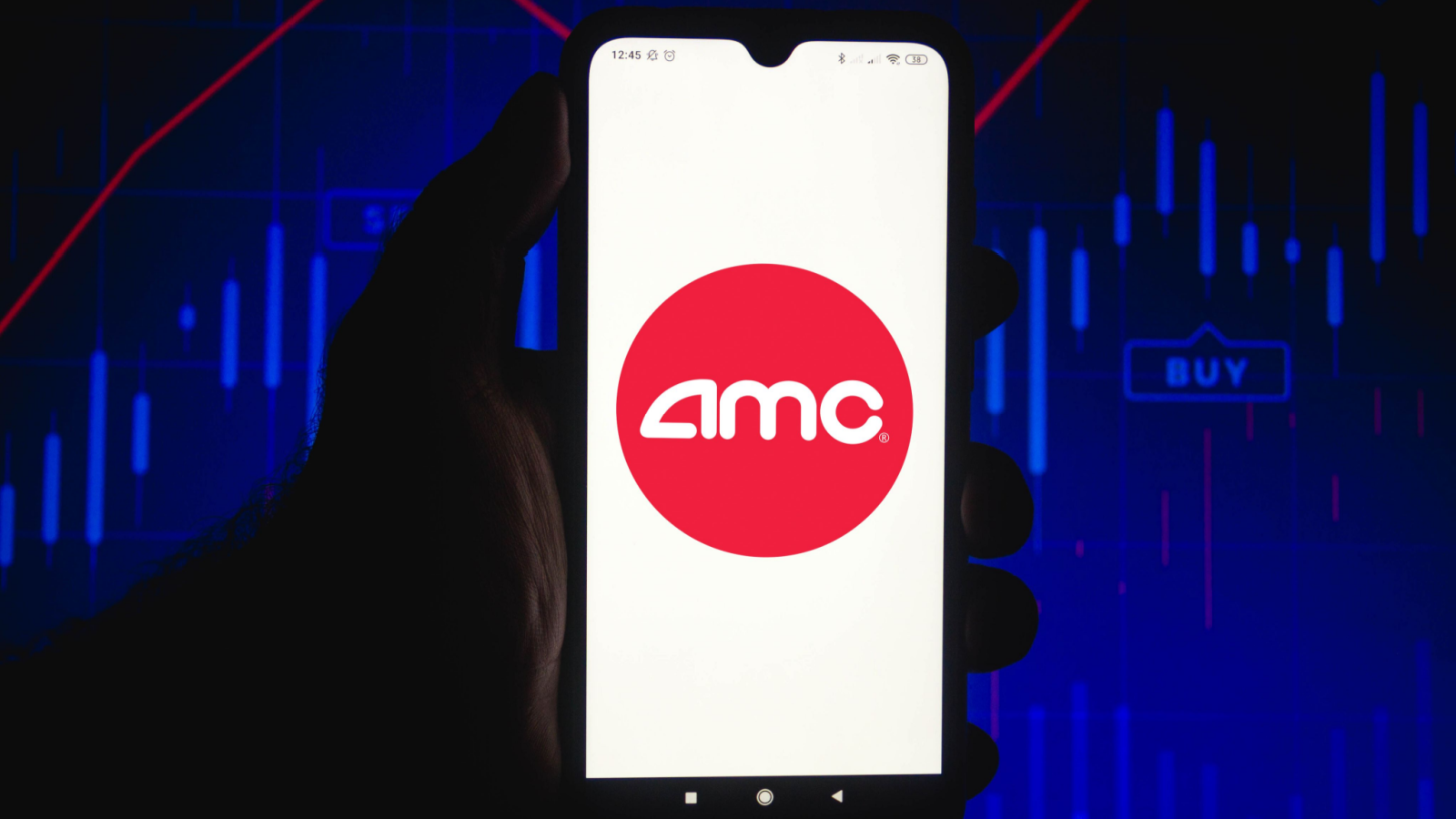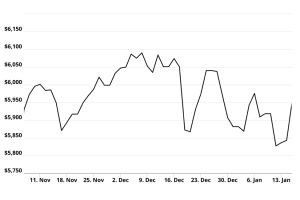
Shareholders of AMC Entertainment (NYSE:AMC) stock have been stuck in limbo lately. They are awaiting an AMC Entertainment Preferred Equity Unit (NYSE:APE) conversion decision from Vice Chancellor Morgan Zurn. Zurn is expected to make a decision sooner than later but warned that she would not provide advance notice.
Meanwhile, AMC’s cost-to-borrow (CTB) fee has surged higher this month and currently tallies in at a staggering 975%. That’s up from 591% as of July 5. The CTB fee, which is what short sellers pay to borrow stock, rises when short seller demand is high and falls when it is low. Short interest is certainly elevated, as it was 28.8% as of June 30, equivalent to 148.7 million shares sold short. That’s up by 21.8% from the last update on June 15, when there were 122.09 million shares sold short.
AMC Stock: CTB Fee Rises as Shareholders Await Conversion Decision
At the same time, no one wants to pay an exorbitant CTB fee. As a result, a high CTB fee could influence short sellers to sell out of their existing position by buying the underlying shares. This could actually have the effect of driving AMC stock higher.
So, why exactly is AMC’s short interest and CTB so high? Upon a successful conversion of APE into AMC stock, many Wall Street analysts expect the prices of the two stocks to converge. That’s because the two stocks theoretically represent the same stake in the company with the same voting rights. However, the price of AMC is currently more than $2.25 above APE’s price. On top of that, Citi analyst Jason Bazinet recently reiterated his “sell” rating and price target of $1.65 on AMC, explaining:
“We expect the court to rule in favor of the company consequently clearing a path for the firm to convert its APE Units into AMC common units and issue incremental common units. As a result, we would expect the value of AMC common units and APE Units to converge.”
The pending decision has attracted many arbitrage traders who believe that the conversion will be successful. However, the high CTB fee lowers the probability that a short trade will emerge profitable.
On the date of publication, Eddie Pan did not hold (either directly or indirectly) any positions in the securities mentioned in this article. The opinions expressed in this article are those of the writer, subject to the InvestorPlace.com Publishing Guidelines.




